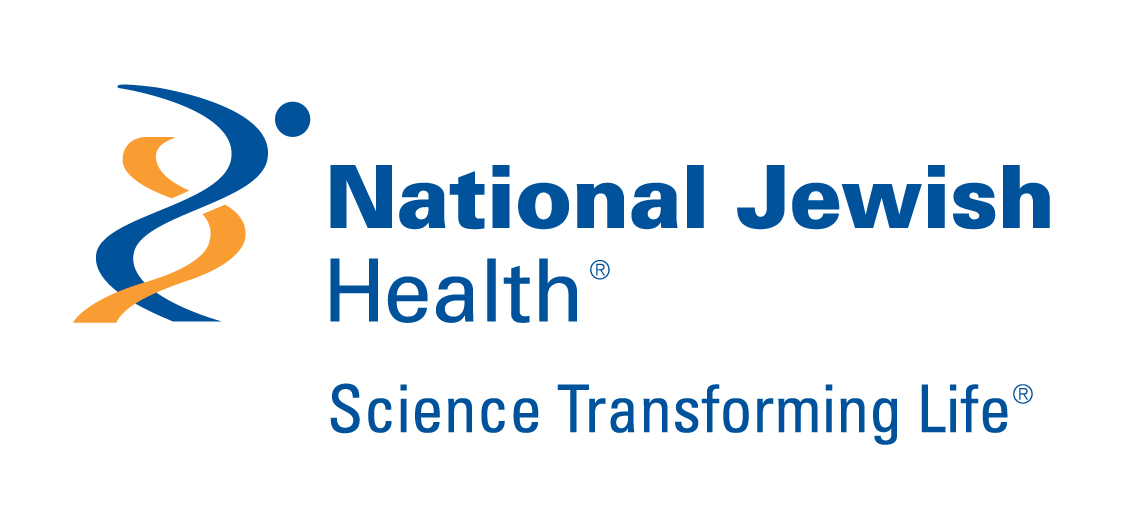Follow Us:


Infectious disease specialists, HIV treaters, and other health care professionals involved in the treatment of patients with HIV.
HIV, HIV treatment regimens
 Dr. Paul E. Sax is Clinical Director of the Division of Infectious Diseases and the HIV Program at Brigham and Women's Hospital (BWH), and Professor of Medicine at Harvard Medical School. Dr. Sax received his MD from Harvard Medical School in 1987. He served his residency in Internal Medicine at BWH, while continuing his postdoctoral education with a fellowship in the Infectious Disease Unit of Massachusetts General Hospital. Dr. Sax is board certified in Internal Medicine and Infectious Diseases. He is Editor-in-Chief of Open Forum Infectious Diseases, is on the Peer Review board of the HIV/AIDS Section of UpToDate, and the editorial advisory board of Medscape HIV/AIDS. Dr. Sax is also on the core faculty of the International AIDS Society - USA and the New England AIDS Education and Training Center. In addition to his clinical and teaching work, Dr. Sax’s ongoing areas of research include clinical trials of antiretroviral therapies, cost-effectiveness of management strategies for HIV, and toxicity of antiretroviral therapy. He is presently the principal investigator at the BWH AIDS Clinical Trials Unit, and is a member of the Cost-Effectiveness of Preventing AIDS Complications (CEPAC) Research Group.
Dr. Paul E. Sax is Clinical Director of the Division of Infectious Diseases and the HIV Program at Brigham and Women's Hospital (BWH), and Professor of Medicine at Harvard Medical School. Dr. Sax received his MD from Harvard Medical School in 1987. He served his residency in Internal Medicine at BWH, while continuing his postdoctoral education with a fellowship in the Infectious Disease Unit of Massachusetts General Hospital. Dr. Sax is board certified in Internal Medicine and Infectious Diseases. He is Editor-in-Chief of Open Forum Infectious Diseases, is on the Peer Review board of the HIV/AIDS Section of UpToDate, and the editorial advisory board of Medscape HIV/AIDS. Dr. Sax is also on the core faculty of the International AIDS Society - USA and the New England AIDS Education and Training Center. In addition to his clinical and teaching work, Dr. Sax’s ongoing areas of research include clinical trials of antiretroviral therapies, cost-effectiveness of management strategies for HIV, and toxicity of antiretroviral therapy. He is presently the principal investigator at the BWH AIDS Clinical Trials Unit, and is a member of the Cost-Effectiveness of Preventing AIDS Complications (CEPAC) Research Group.

| 1. | Utilize evidence-based guidelines as well as clinical knowledge of available and emerging therapies to develop initial HIV treatment regimens based on individual patient characteristics. | 2. | Review the cost-effectiveness of available HIV therapies. |
| 3. | Develop simplified HIV treatment regimens that reflect patient preference and increase adherence. | 4. | Differentiate available and emerging HIV treatment regimens based on resistance profile. |
| 5. | Apply knowledge of effective switch strategies and NRTI-sparing regimens that have demonstrated a low risk of virological failure in patients who would benefit from treatment alteration. |
| 1. | Utilize evidence-based guidelines as well as clinical knowledge of available and emerging therapies to develop initial HIV treatment regimens based on individual patient characteristics. |
| 2. | Review the cost-effectiveness of available HIV therapies. |
| 3. | Develop simplified HIV treatment regimens that reflect patient preference and increase adherence. |
| 4. | Differentiate available and emerging HIV treatment regimens based on resistance profile. |
| 5. | Apply knowledge of effective switch strategies and NRTI-sparing regimens that have demonstrated a low risk of virological failure in patients who would benefit from treatment alteration. |


| Supported Browsers: Internet Explorer 9.0+ for Windows 2003, Vista, XP, Windows 7, Windows 8.1 Google Chrome 28.0+ for Windows, Mac OS, or Linux Mozilla Firefox 23.0+ for Windows, Mac OS, or Linux Safari 6.0+ for Mac OSX 10.7 and above | Supported Phones & Tablets: Android 4.0.3 and above iPhone/iPad with iOS 6.1 or above |
